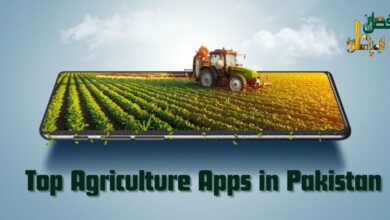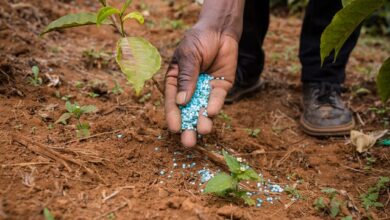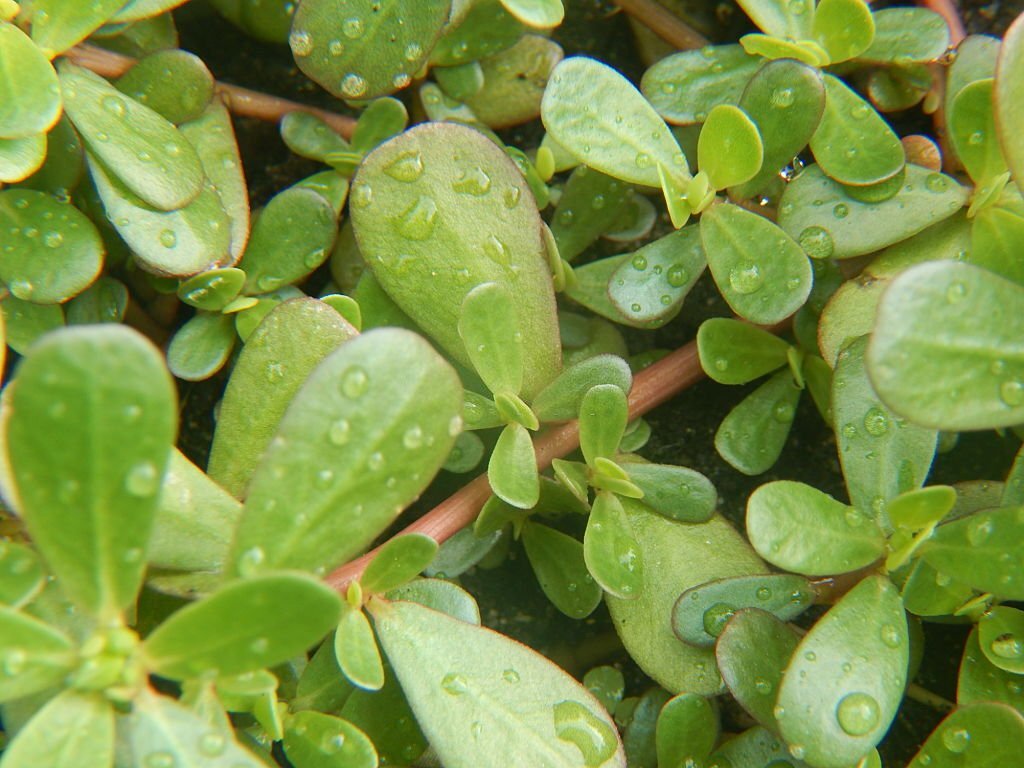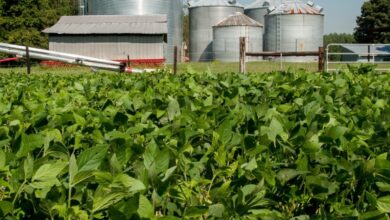Vertical Farming: Maximizing Agricultural Production in Urban Environments with Innovative Technologies

In recent years, urban agriculture has gained prominence as an effective solution to address the challenges of growing urbanization and limited land availability. One of the most innovative approaches in this field is vertical farming, involving the use of advanced technologies to cultivate food in vertical spaces such as buildings and urban structures.
In this article, we will explore the exciting world of vertical farming and how it is revolutionizing agricultural production in urban environments. Interested in the topic? Then, follow along!
The Concept of Vertical Farming
Vertical farming, also known as vertical agriculture, is the innovative practice of cultivating plants in vertically stacked layers, rather than horizontally in the soil. This technique efficiently utilizes space, proving particularly advantageous in densely populated urban areas where land is scarce and expensive, now incorporating technologies such as tubo flexível.
Instead of relying solely on sunlight, as in traditional agriculture, vertical farming employs artificial lighting systems like LEDs to provide the necessary light for plant growth. Additionally, automated irrigation systems and precise environmental control ensure optimal conditions for crop growth.
Advantages of Vertical Farming
Space Maximization
The primary advantage of vertical farming is its ability to maximize available space. With vertically stacked layers, it’s possible to cultivate a significantly larger quantity of food in a smaller space, making it perfect for urban environments where soil is scarce and costly.
Reduced Water Usage
This farming is also resource-efficient in water usage. Precise irrigation systems and water recycling allow plants to receive the required amount of water, conserving precious resources. For example, the use of tudo de PVC in irrigation systems can ensure efficient water distribution to plants, minimizing waste.
Environmental Control
With the ability to control the growing environment, it’s possible to create optimal conditions for plant growth year-round, irrespective of external weather conditions. This results in consistent and predictable harvests.
Minimal Pesticide Use
Due to the controlled environment, it is less susceptible to pests and diseases, reducing the need for pesticides and herbicides. This translates to healthier and safer food.
Innovative Technologies in Vertical Farming
LED Lighting Systems
Custom-spectrum LEDs are crucial in vertical farming, providing the exact light needed for plant growth. This results in higher energy efficiency and crop yield.
Hydroponics and Aquaponics
These cultivation systems allow plants to grow in water instead of soil. Hydroponics uses mineral nutrients dissolved in water, while aquaponics combines plant cultivation with fish farming, creating a sustainable nutrient cycle.
Automation and IoT
Sensors and automation systems control factors such as humidity, temperature, and pH, ensuring optimal conditions for plant growth. This reduces the need for constant supervision and maximizes efficiency.
Challenges and Considerations
Despite its many advantages, vertical farming faces unique challenges. The initial installation of can be costly, and operational costs such as electricity and maintenance can also be significant. Additionally, selecting and training qualified personnel to manage these systems are crucial for long-term success.
In this context, automation plays a crucial role, and the use of technologies such as servomotor can contribute to efficiency and precision in controlling vertical farming systems, helping to reduce operational costs and increase productivity.
Governmental acceptance and regulation also play a significant role in the expansion of vertical farming. Many cities are just beginning to develop policies to support this innovative practice, which can impact widespread adoption.
The Promising Future of Vertical Farming
Despite the challenges, vertical farming is quickly gaining ground and is recognized as a promising solution for food production in urban environments, now even incorporating the use of innovative technologies such as palettes de madeira. As technology advances and costs decrease, we can anticipate significant expansion of this practice.
Furthermore, as awareness of the importance of local and sustainable food production grows, vertical farming becomes an increasingly attractive option.
Consuming vertically cultivated foods not only reduces the carbon footprint due to reduced transportation but also promotes community resilience by providing fresh and healthy food directly to urban consumers.
Conclusion
Vertical farming represents a significant shift in how we produce food in urban environments. With its efficiency in space and resource usage, along with environmental control capabilities, this innovative approach is poised to play a key role in food security and sustainability in our rapidly urbanizing world.
As technology continues to evolve and challenges are overcome, this farming will undoubtedly play a crucial role in the future of urban agriculture. Therefore, supporting and investing in this promising technology, with the potential to transform our cities into greener and more self-sufficient food hubs, is essential.”





